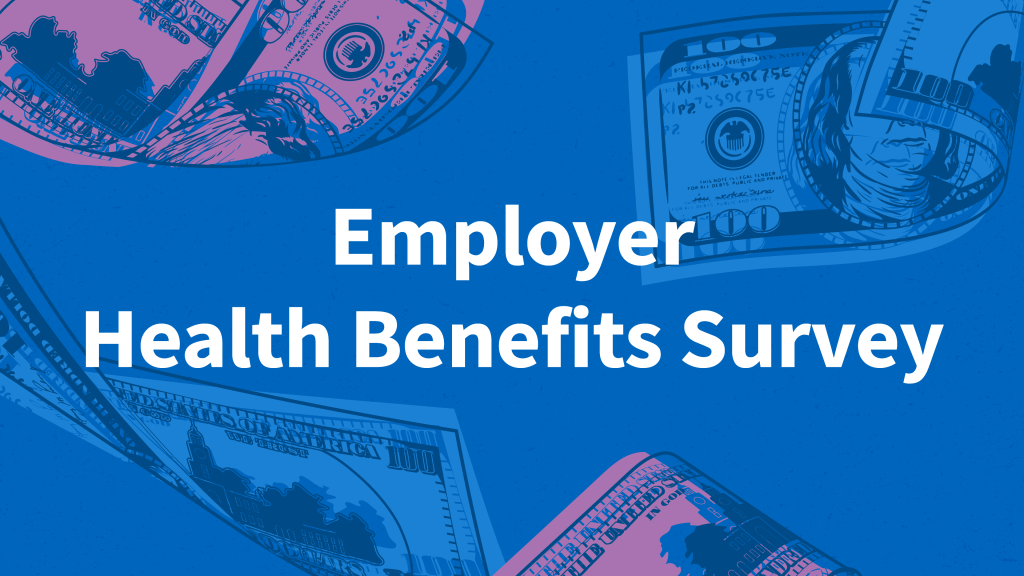Workplace Wellness Programs, Healthy Behaviors and Health Reform
Many large employers offer financial incentives to their employees to exercise regularly, improve their diets, lose weight and quit smoking. Health reform proposals would write some of these incentives into law.
